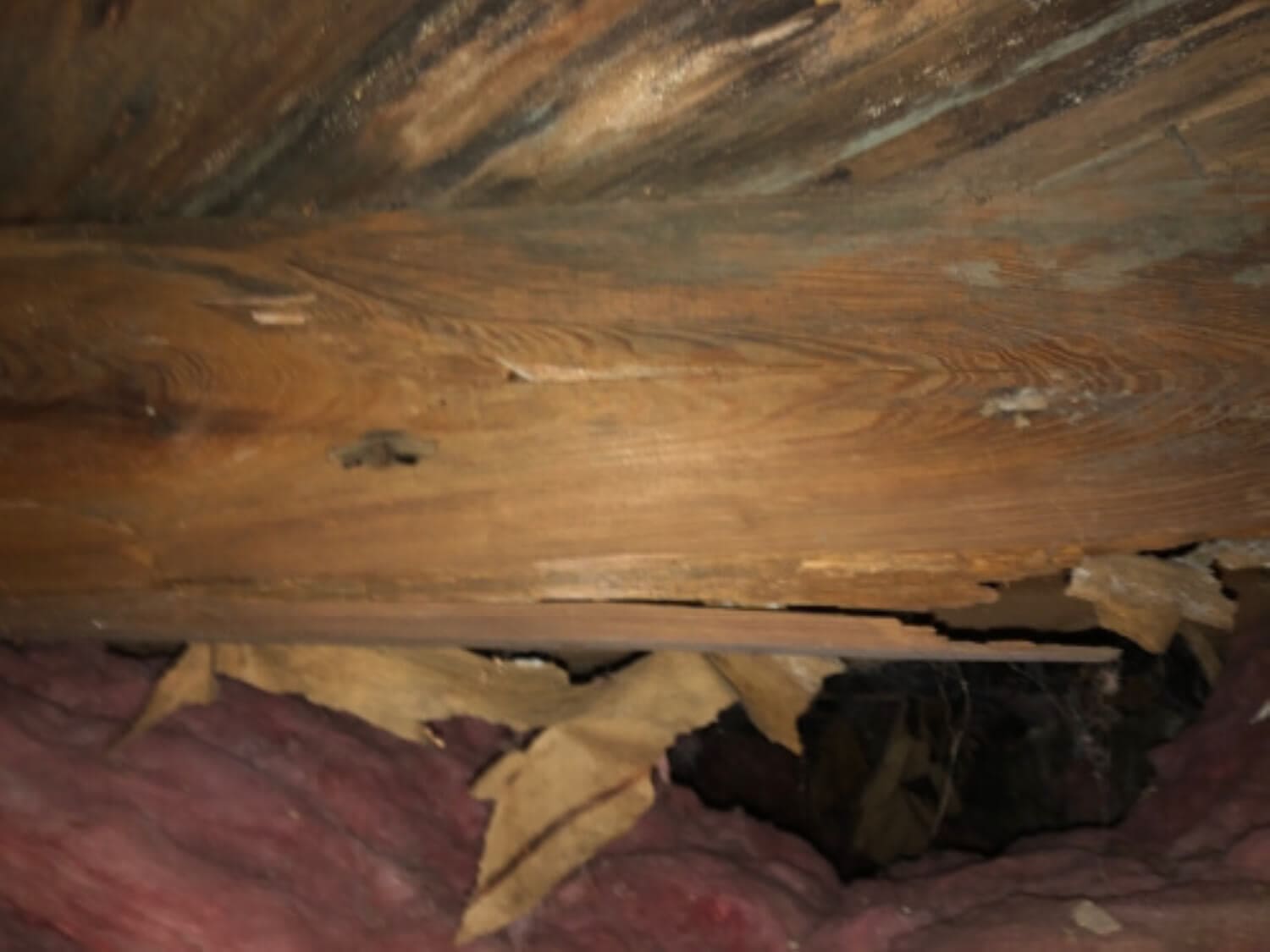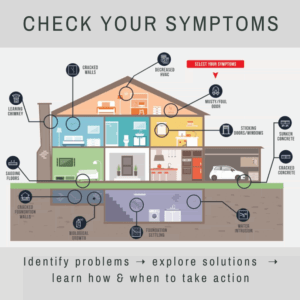3 Steps to Getting the Best Price for Home Repairs

Is this your best price? Do you offer any discounts? What’s the best you can do for me?
These are common questions a customer will ask, when meeting with a sales representative. Everyone wants to make sure they’re getting the best deal possible to avoid buyer’s remorse.
But getting the best deal is a tall order. Conventional wisdom says you get what you pay for, and there’s some truth in that. The cheapest option is often the cheapest because something about it is substandard. But you don’t want to assume the highest bid is the best, as it may include things you don’t need. All of this can leave you feeling like Goldilocks, looking for just the right fit.
How do you find this elusive balance of staying in budget while protecting your home?
That’s where we come in. Acculevel is a family-owned and operated company, and we’ve been repairing foundations and waterproofing homes since 1996. We pride ourselves on the quality of service we provide, and our honest and transparent business practices.
In this article, we’ll explain three key steps you should take to get the best overall value for your money.
Be an Informed Consumer
Start by learning what you need or want to be done, and what that will entail. If you don’t have this information, an unscrupulous contractor can take advantage of your ignorance.
We’ve all heard stories about a woman taking her car to a mechanic. He assumes she’s uninformed and tries to sell her repairs she doesn’t need. (When I was 19, my car needed new brake pads. One horrible shop advisor quoted me for struts, shocks, and rotors. The total invoice exceeded what I paid for the car. I may have been ignorant, but thankfully I wasn’t that gullible.)
Let’s say you have sagging floors. Look up the symptoms you’ve noted, learn about what causes those, and how the repairs are made. Please feel free to use our symptom checker, which guides you through different signs of foundation issues and possible solutions (at no charge).
Not sure if you have all the information to correctly interpret issues in your home? We have blog entries that review a variety of symptoms, repair details, and the costs for each- with a searchable menu to help you narrow down your interests.
Consider All of the Values and Watch for Hidden Costs
When a contractor gives you their estimate for the repairs, don’t assume the price given is the full cost. Ask about the long-term ramifications of your purchase, not just upfront cost. Don’t let hidden fees surprise you later, when you need service or want to sell your home.
Some questions you should ask:
- What type of warranty comes with these repairs?
- Do I have to buy a service plan, to maintain this warranty?
- Are the warranties transferable, if I sell my house? Are there additional fees to do so?
You should always consider resale value when making an investment in your home. Treat home repairs like investments in your property; resale value is understandably higher on a home that is well-maintained.
You should also check with the contractor about any deposit or downpayment. Most contractors require some amount of deposit; this is a normal business practice. It demonstrates that your interest is sincere, and allows them to hold your spot on the schedule.
However, we strongly caution you against any business that requires full payment upfront. Every industry has its share of scams, and this is usually a strong indicator that a business is not above-board. If you are unsure of a company, ask them about financing options, or consider a home improvement loan through your bank. A contractor who pushes you towards cash payments with no paper trail is another red flag.
Research Contractors Before You Meet With Them
There are a variety of websites that publish customer testimonials and reviews of contractors. Most of these sort by type of service, local areas, or similar types of criteria to help you narrow down your options.
We recommend using objective third party sites, and to check more than one. Some of the most well-known platforms are: Angie’s List, Home Advisor, Google, and Yahoo. Check with your HOA, neighborhood groups on Facebook, or ask your realtor for recommendations.
Once you’ve narrowed your list, check the Better Business Bureau website for details about the specific contractor(s) you’re going to meet. This will help you verify that the company is reputable and trustworthy, and allow you to compare their grades. You can find a complete breakdown of how the BBB determines ratings can be found here.
We also suggest you consider the number of years a contractor has been in business. On average, a homeowner spends 13.3 years in a house. When someone starts a business, over 70% of them fail within the first 10 years. Proven longevity makes it easier to trust a contractor will be around to uphold their warranty down the road.
Are You Ready to Start Meeting With Contractors?
If so, please remember to use the resources available to you. Verify that the contractor is reputable, insured, and accredited with the BBB.
If you live in Indiana or the surrounding states, contact Acculevel. We have an A+ rating with the BBB and will treat your home as if it is our own.
You can request a free estimate, and our friendly office staff will make an appointment with one of our local project advisors. He or she will evaluate your foundation concerns and recommend the best course of action for you, to keep your home strong and healthy for years to come.
